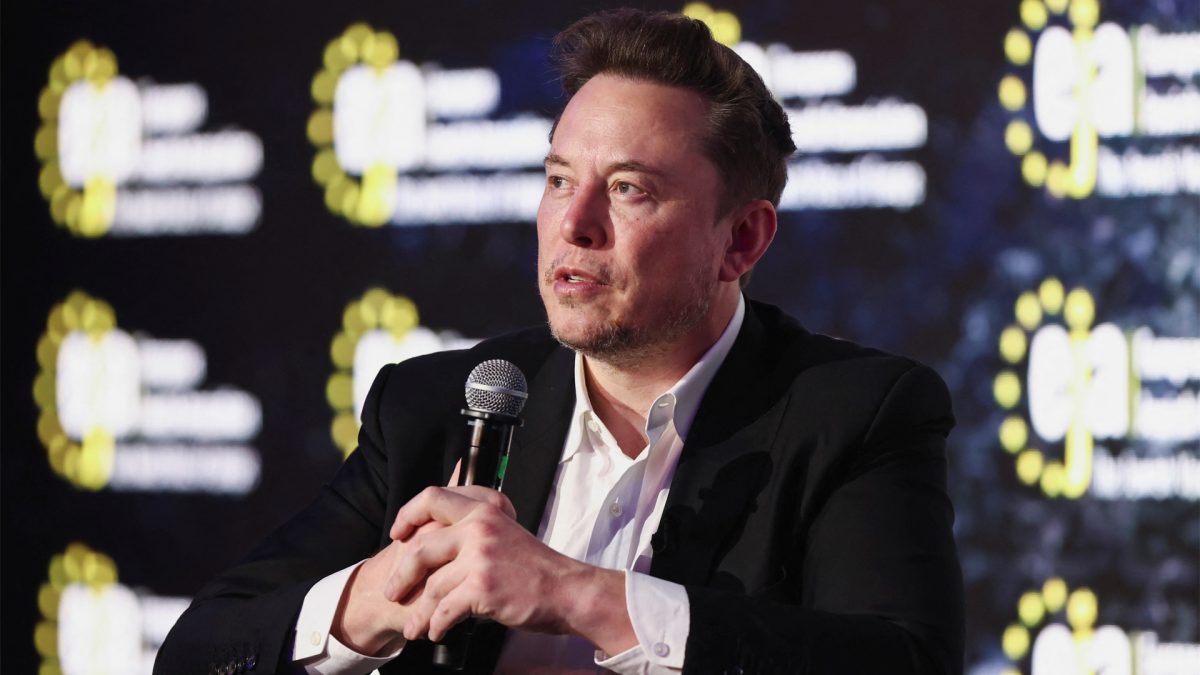Over the weekend, TikTok’s US-based users rejoiced as the platform was restored after being briefly banned. This sudden return has sparked discussions among key figures, including former President Donald Trump, who is set to take office again tomorrow. Trump shared his plans to work on reinstating TikTok in the US, promising an executive order on his first day to extend the timeline for finding new ownership and eliminating liability for companies providing the app.
Elon Musk, CEO of Tesla and owner of X (formerly Twitter), has also voiced his concerns over the situation, calling for changes in the global tech landscape. While TikTok’s comeback has sparked celebrations, the ongoing debates surrounding its ban in the US and X’s restriction in China continue to stir up controversy.
Trump pushes for TikTok’s US continuation
As TikTok resumed operations in the US, Donald Trump took to his platform, Truth Social, to announce his commitment to resolving the app’s uncertain future. With his inauguration tomorrow, Trump promised an executive order on his first day in office, which would extend the deadline for TikTok’s sale and remove any legal responsibility for service providers that continue to offer the app.
Trump’s approach suggests a plan for a joint venture involving a 50 per cent US stake in TikTok, aiming to ensure its continued availability and popularity in the US while maintaining global appeal. His support has added fuel to the ongoing debate, with many fans praising his vision for the app’s future.
Musk calls out China’s ban on X
Elon Musk, no stranger to making headlines, has been vocal about his opposition to the ban on TikTok, arguing that it undermines freedom of speech. Musk took to X to highlight what he sees as an imbalance in the way social media platforms are treated across different countries.
While TikTok is allowed to operate freely in the US, Musk pointed out that his platform, X, is banned in China. He stated that the situation is “unbalanced” and added, “Something needs to change.” His criticism draws attention to the growing disparity in the global tech landscape, where restrictions on certain platforms are creating tensions and raising questions about fairness.
App stores take action against Chinese apps
The TikTok debate is not the only issue in the spotlight. Apple also made waves over the weekend by removing 11 apps associated with TikTok’s parent company, ByteDance, from the US App Store.
These apps, which had been available for download, are now blocked, with users who previously had them installed facing limited access. This move follows broader efforts by the US government to limit the influence of Chinese-owned tech companies, with a specific focus on ensuring national security. The crackdown has intensified questions about censorship and free speech, as Apple’s decision further complicates the delicate balance between regulating foreign tech and protecting user rights.
As Trump prepares to take office again and Musk continues to push for greater freedom of speech, it’s clear that the global tech debate is far from over. TikTok’s return to the US and the ongoing tension between American and Chinese tech policies could shape the future of social media and international relations for years to come.
)